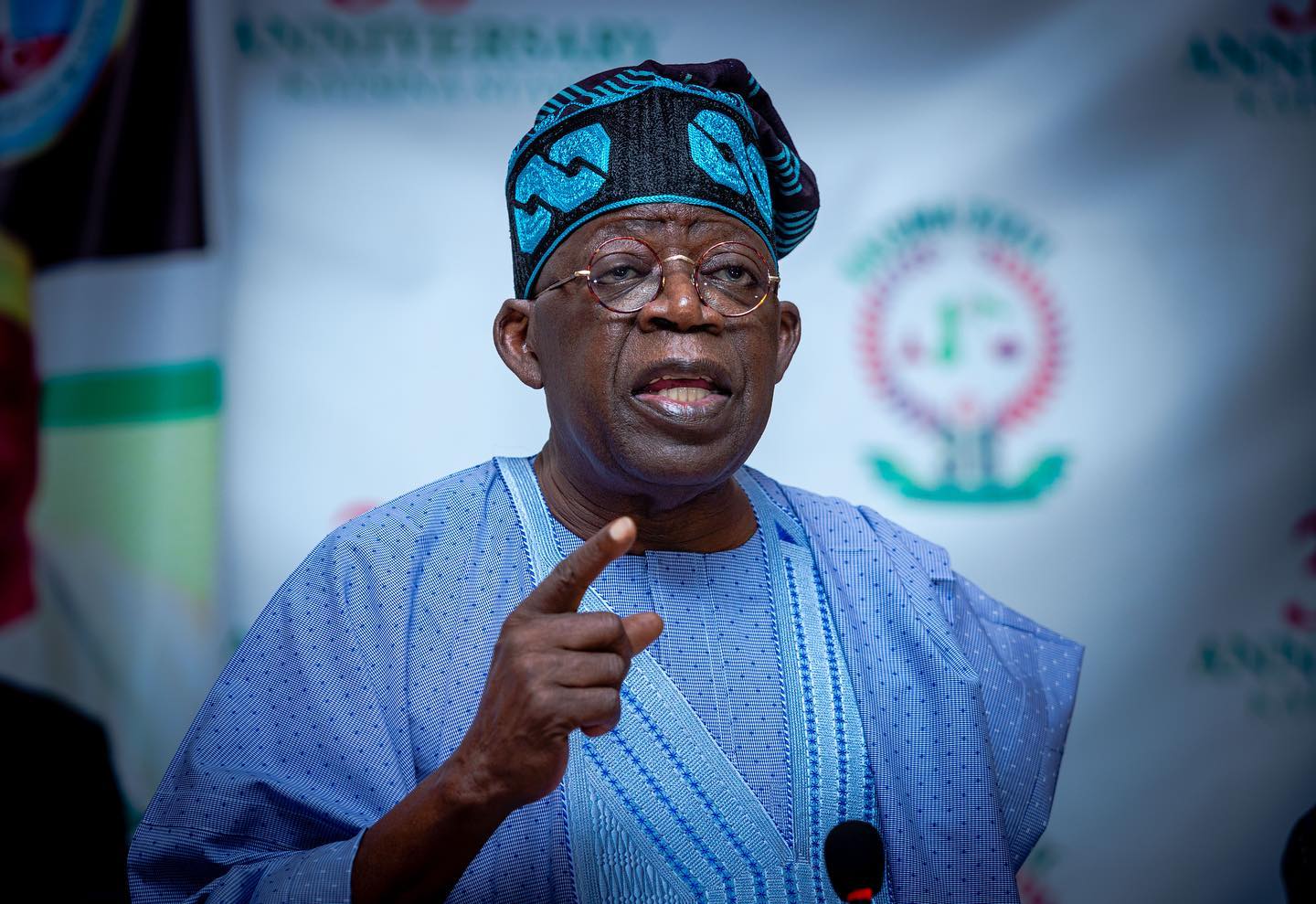This week Nigerians were left wondering by what metrics Bola Tinubu, one of Nigeria’s most controversial and divisive figures found his way into TIME magazine’s 100 Most Influential Person’s List.
It is the second time a Nigerian of questionable character has been featured in the list. Eight years ago, the magazine featured the terrorist, Abubakar Shekau, late leader of the Boko Haram terrorist group whose sanguinary activities in Nigeria’s North East has left several thousand Nigerians dead and millions others displaced.
This time, Tinubu, a man of questionable pedigree and character, and a former Governor of Lagos, Nigeria’s former capital and its richest state, has found himself in the company of renowned global icons like American president, Joe Biden, Anthony Albanese, Prime Minister of Australia, and Lula Inacio Lula da Silva, President of Brazil.
Nigerians are aghast at this this development. And understandably too. For them his inclusion in the list is an affront on their sensibilities, akin to poking a finger in their eyes.
The timing of the release of the list is off-putting as Nigerians have yet to come to terms with Tinubu’s ignoble role in the electoral heist of February 25, 2023, where against available evidence of rigging, voter suppression, intimidation and brutalization by Tinubu’s party, the ruling All Progressives Congress (APC), Nigeria’s the Chief of Nigeria ‘s election organizing body, the Independent National Electoral Commission (INEC), Prof Mahmud Yakubu, declared Tinubu winner of the election.
That election has hotly been disputed as contestants in that election including Alhaji Atiku Abubakar, Nigeria’s former Vice President and presidential candidate of former ruling party, the Peoples Democratic Party (PDP), and Peter Obi, the debonair and soft-spoken candidate of the Labour Party (LP) whose entry into the presidential race has stoked the interest of Nigerian youths in politics and has galvanized millions of hitherto indifferent Nigerians across ethnic and religious divides to once again take a keen interest in the affairs of their country. Both men have gone to court to challenge Tinubu’s declaration as winner of the election.
Beyond the election, there is a feeling that Nigeria is diminished internationally if a man with a bloated moral baggage like Tinubu is portrayed as one of Nigeria’s finest.
In the eyes of many Nigerians, Tinubu’s sins are legion. In 1993, he forfeited $460,000 to the American government after investigations established the money was part of proceed of narcotic sales by a criminal drugs ring. In the weeks leading to the February 25 presidential election, this drugs issue proved explosively contentious with Tinubu’s opponents openly mocking his as bag man for drug barons if he even wasn’t one himself.
Tinubu’s shadowy past-his family background, state of origin, educational background and qualifications are all shrouded in mystery – has been a source of worry for most Nigerians for decades.
Years ago, two of Nigeria’s well-known lawyers, the late radical and activist, Gani Fawehinmi, and Festus Keyamo, who is now the Tinubu Presidential Campaign Organisation’s spokesman, accused him of lying about the schools he attended and of forging school certificates.
“It beggars belief that of all Nigerians at home and abroad doing wonderful things and giving Nigeria positive mileage, it is Tinubu, who more than any individual, has cast of in negative light, that TIME will project as an influential Nigerian”, says Mr. Osaze Ogbeide, a public policy analyst.
He wonders how the magazine reached what he describes as that “inglorious decision.
“Seriously, it befuddles the mind how a serious organisation like TIME would commit such a blunder”, he adds.
Indeed, the people at TIME seem to be operating in a world removed from our current reality as every credible European and American news platform, has made a meal of the paradox thrown up by the fact of having Nigeria, Africa’s biggest democracy and the most populous black nation on earth, a drug lord as president.
Their reaction in the immediate aftermath of the election, reflect, their concern. While The Economist in its headline noted that a “chaotically organized vote and messy count gave Nigeria a new president”, The Financial Times in an editorial, held that February 25 presidential election comment was “deeply flawed”, and the winner, “a wealthy political fixer.”
Other papers were not so charitable. The Times of London in a scathing remark, described Tinubu as “a wealthy kleptocratic ‘godfather’ of politics”.
Robert Rotberg, founding director of the Harvard Kennedy School’s programme on intrastate conflict, in an Op-ed published in reputable Globe and Mail of Canada with the headline: “Bola Tinubu’s Election Is Another Triumph for Nigeria’s Corrupt Old Guard.”
Other jabs at the APC presidential candidate and the election that produced as winner by newspapers in Europe and Canada, read:
° Austria:
“A drug baron wins the presidential election in Africa’s biggest economy”.
° Poland:
“Nigeria chooses a known drug lord as LEADER.”
° Canada:
“Depression, anxiety, uncertainty be-clouds Nigeria’s political space a drug-kingpin wins the election.”
Clearly, TIME’s inclusion of Tinubu in this latest list of the world’s most influential people, apart from vitiating it, may leave Time staff with addled eggs on their faces once the full measure of Tinubu’s participation in the electoral robbery is known.
Hameed Odusanya writes from Abuja, Nigeria. He can be reached via email HERE.
The opinions expressed in this article are solely those of the author.







